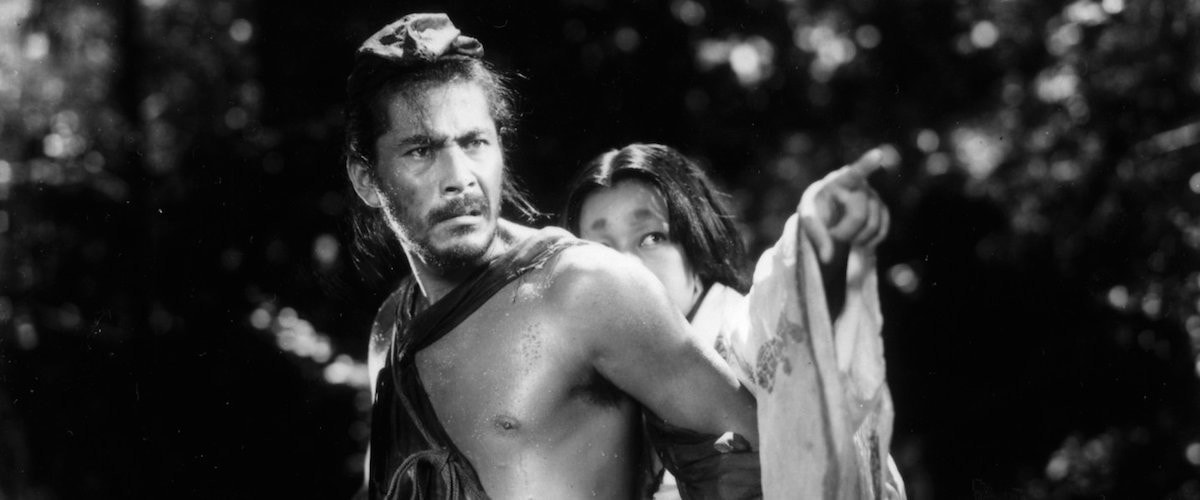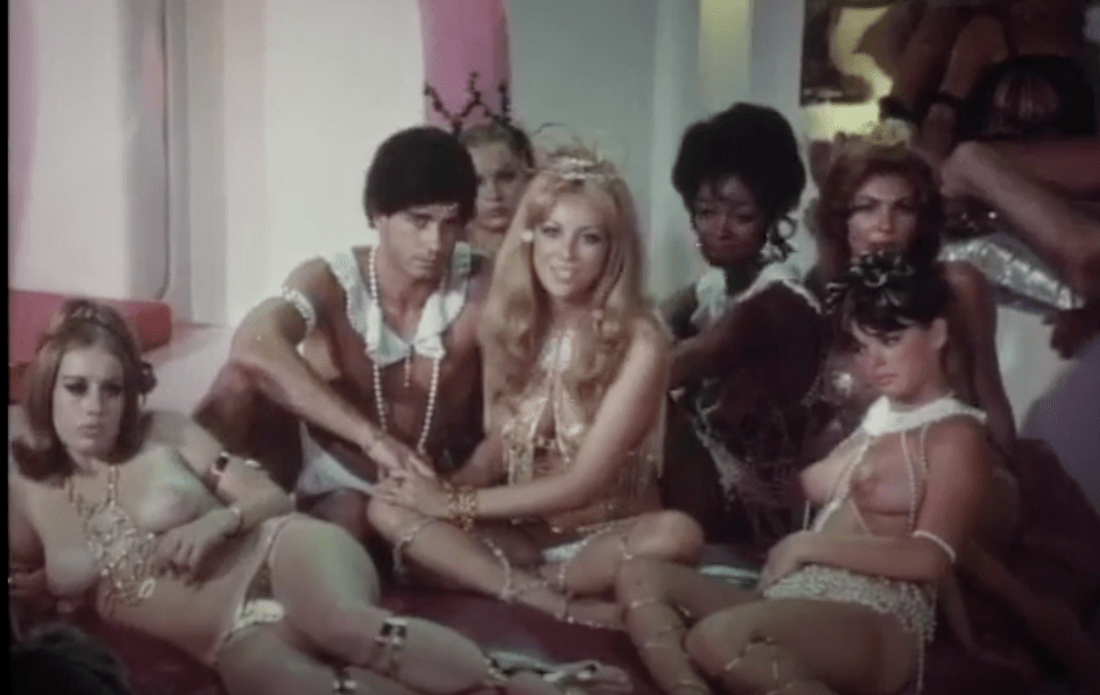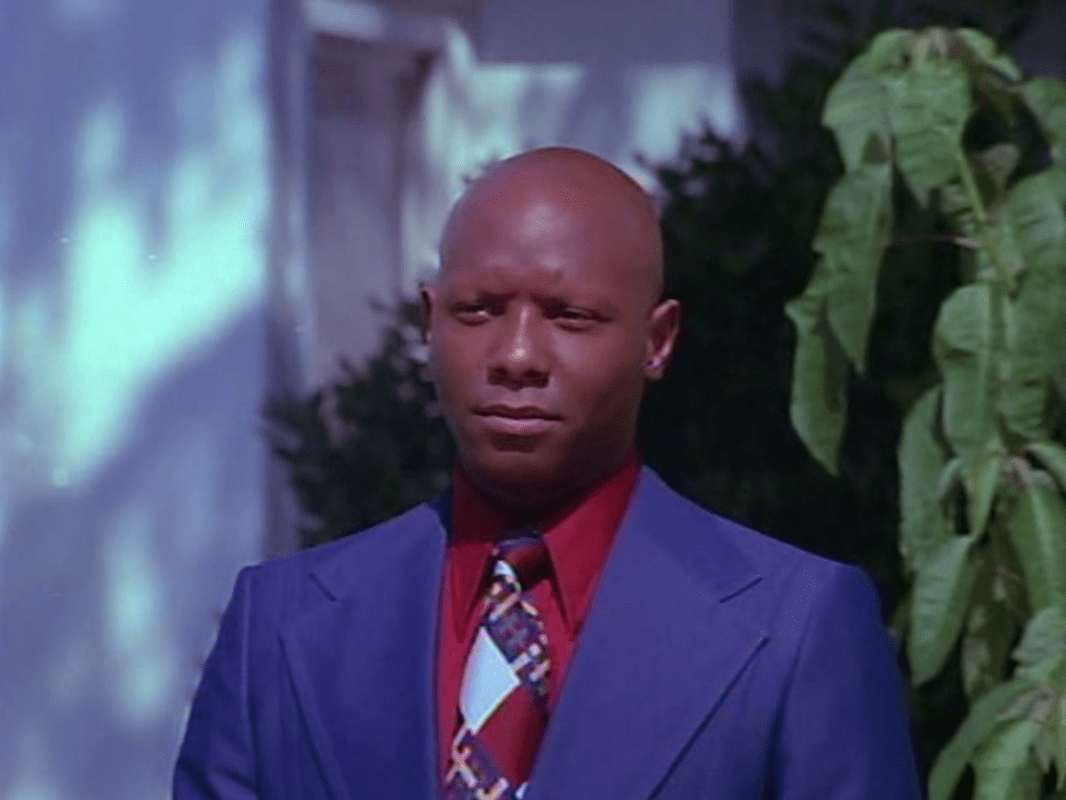
Chantal Akerman’s Jeanne Dielman, 23 quai du Commerce,1080 Bruxelles is a difficult film to watch. It’s painfully bereft of life. It is a slow, methodical, film unrelenting in its emotionless stupor. The viewer must bear witness to hours of banal repetition. Not virtual hours, or the collapsed hours of a montage but three hours of empty drudgery. It’s a lot to ask of an audience.
The protagonist, Jeanne, is mind-numbingly efficient. Everything she does gives you the feeling that she has done it a hundred times before. Everything is a procedure to be followed. Wash the potatoes, drain the potatoes, cook the potatoes, serve the potatoes, eat the potatoes.
When she and her equally lifeless son eat it is devoid of enjoyment. The fork goes from the plate to their mouths in an unbroken rhythm. As if it takes them the exact same amount of time to eat dinner every night. They rarely speak and almost never look at each other.
In between these preprogrammed procedures, there are johns that come by to have sex with Jeanne. Each day she services one man who then pays her and leaves. Their visits appear to be as dead and flat as every other part of the day. We do not see what happens in the bedroom but it is impossible to believe there is any pleasure involved.
The camera seems to be more concerned with Jeanne’s apartment than with Its occupants. The camera squares everything. The picture plain is almost always parallel to the wall. No, angles, no close-ups, just a flat display of people moving in a space.

Akerman spoke of wanting to respect her protagonist’s space and to show how “women’s work” is branded as insignificant and boring. She said in reference to this film “Woman’s work comes out of oppression and whatever comes out of oppression is more interesting.” Unfortunately, her movie is not about what “comes out of oppression” it is more an illustration of oppression. As an audience, we are not so much invited to consider the nature of women’s work, or alienation, as much as we are made to suffer through an example of it. There is a difference between referring to a subject and illustrating a subject. If you want to teach me about the moon and the tides, we need not sit for hours on the beach.
If the film is meant to provide a window into women’s work it is not done through verisimilitude but through grotesque exaggeration. Jeanne is pathological in her machinations. It verges on OCD. Her complete lack of affect makes her appear to be in a dissociated netherworld where she remains secluded from reality. Jeanne Dielman, 23 quai du Commerce,1080 Bruxelles seems more akin to Roman Polansky’s Repulsion or Todd Haynes’ Safe, where we watch a descent into isolation and madness than a sympathetic depiction of the plight of the housewife.
There is one element that literally flickers in the lifeless pall of the film. There is a mysterious blue light that continuously pulses day and night. Its as if there is a police car permanently parked outside their apartment. Its the only thing that feels alive. It’s like an ethereal, almost playful presence waiting to be recognized or acknowledged. The movie ends with her silently sitting in it. Her face remains stoic but her body language is tired and defeated.
It is a carefully crafted film. It is apparent how thoughtful and deliberate its intention is, but it feels more like the execution of an idea than a living breathing narrative. It is possible that there is a deeper symbolism that I am missing, after all the Criterion Collection called it “a singular work in film history.” Roger Ebert said, “Chantal Akerman was forcing men to look at a woman who could have been any of their wives or mothers, for over three hours. To reckon with female identity and existence, that it is intrinsically, starkly different from the male, and that so much of modern female life is a miasmic routine. She poured cold water on the male gaze.”
I find it difficult to believe that she was pursuing some kind of realism. What we see in the film is more symbolic than accurate. There is no doubt that there are legions of women suffering under a repetitive, soul-draining, daily regime, but they are not represented here. If the goal was to show Jeanne’s slow descent into madness Jeanne needed to begin as at least passably sane.
As a historic document, the film marks one kind of feminist response to the male gaze and patriarchy in general. Its radical nature is admirable, but the resulting film is difficult to appreciate.




